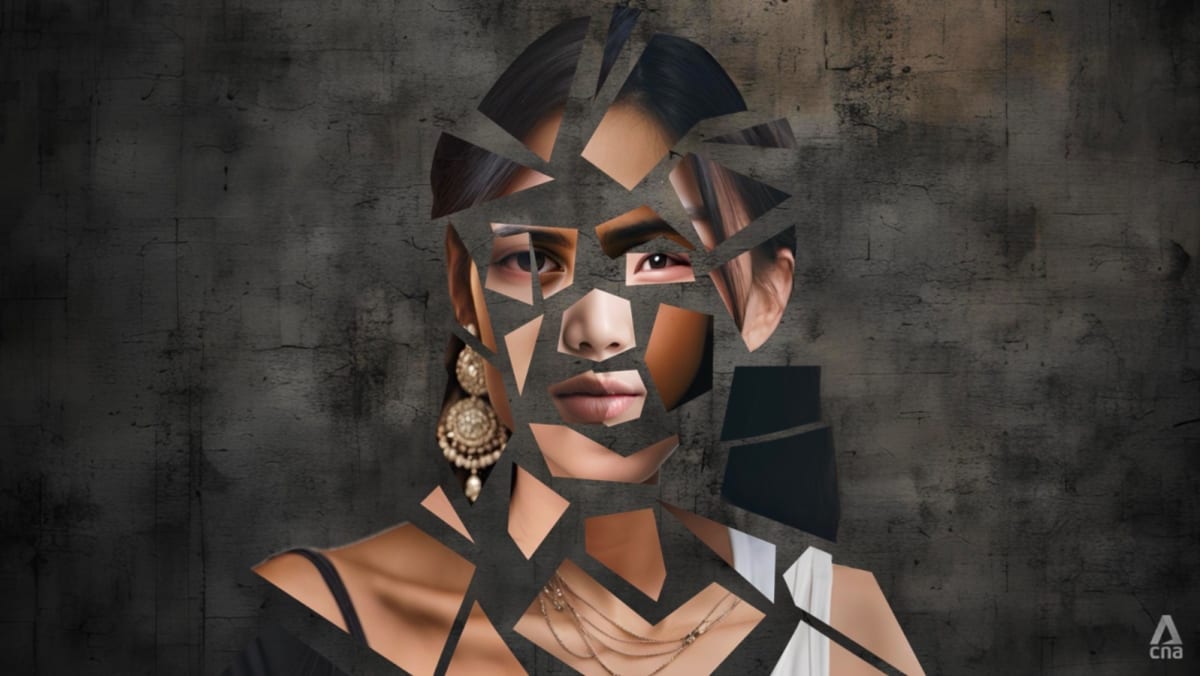Laws specific to deepfake AI pornography will soon be introduced in other countries.
Australia’s federal government announced in May that it will introduce legislation to ban the creation and non-consensual distribution of deepfake pornography.
The UK’s Ministry of Justice also announced in April a new law that criminalises the creation of sexually explicit deepfakes without consent.
The new law also means that if the creator has no intent to share it but wants to “cause alarm, humiliation or distress to the victim”, they will also be prosecuted.
Asked if there is a need to develop legislation for AI-related crimes in Singapore, Mr Chooi said that the technology is still evolving.
“You wouldn’t want to be passing laws every month or every few years because the space moves very quickly. You end up with a very piecemeal kind of situation and people are also all confused,” he said.
Mr Wong said that having specific laws might be good, but there may be too many things to cover.
“It’s really the use of AI or the misuse of AI that is the problem, and I think it’s very difficult to try to legislate every single thing,” he said.
There is also the potential problem of under-legislation, where the law is too wide.
“And then you realise that actually (the) law is a bit defective,” he said.
“Right now, with the existing (laws) – whether it’s Penal Code, whether it’s Miscellaneous Offences Act – they are sufficiently wide to capture all this, then maybe give it a bit more time to see how we will actually criminalise AI-related offences.”
If there is some AI misuse not captured within Singapore’s current legislation, that would be the tipping point to push for more legislation, Mr Wong added.
Another scenario would be where the maximum sentences under existing provisions do not seem proportionate to the crime, according to Mr Chooi. In such a case, lawmakers may need to look into introducing new laws.
“I think generally that requires a certain number of such cases to surface first,” he said.
“When we punish people, and people are prosecuted and sentenced, one of the aims is general deterrence, which is to send a message to the public,” Mr Chooi added.
“If it’s not that prevalent then there’s no strong reason to do that.”
In response to CNA’s queries, the Attorney-General’s Chambers said it has not prosecuted cases related to AI-generated pornography in Singapore.
“Such offences are relatively new, made possible by the recent evolution of AI technology,” a spokesperson said.
Although people are certainly generating obscene images, the lawyers said they have not personally encountered cases where someone is charged with doing so.
When asked why this is the case, Mr Wong said it first needs to be reported to the authorities. He gave the example of someone superimposing a face onto a naked body.
“Let’s say I don’t even know about it, or if anyone who sees it knows this is probably fake, then they may not take that first step of reporting it,” he said.




